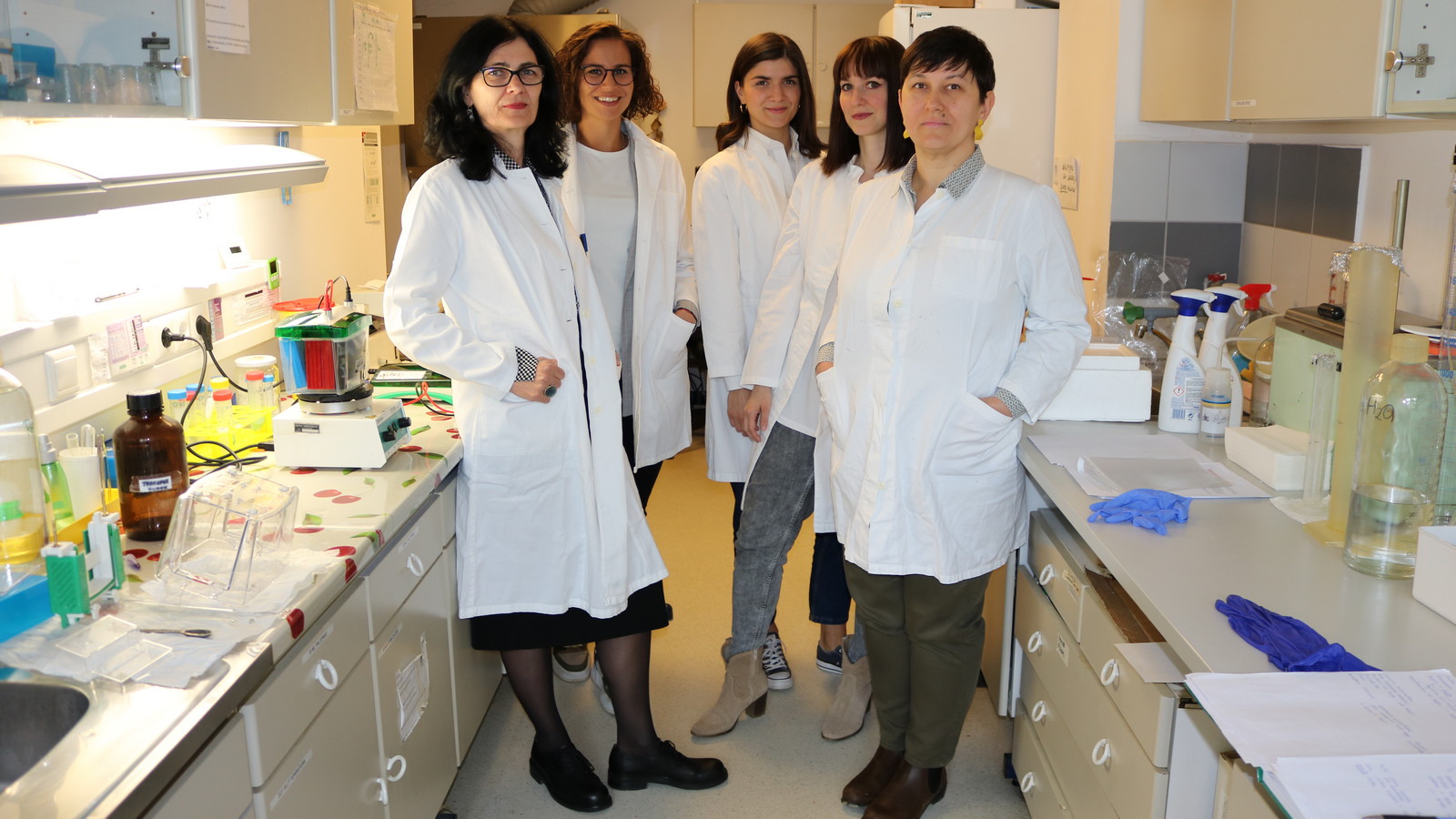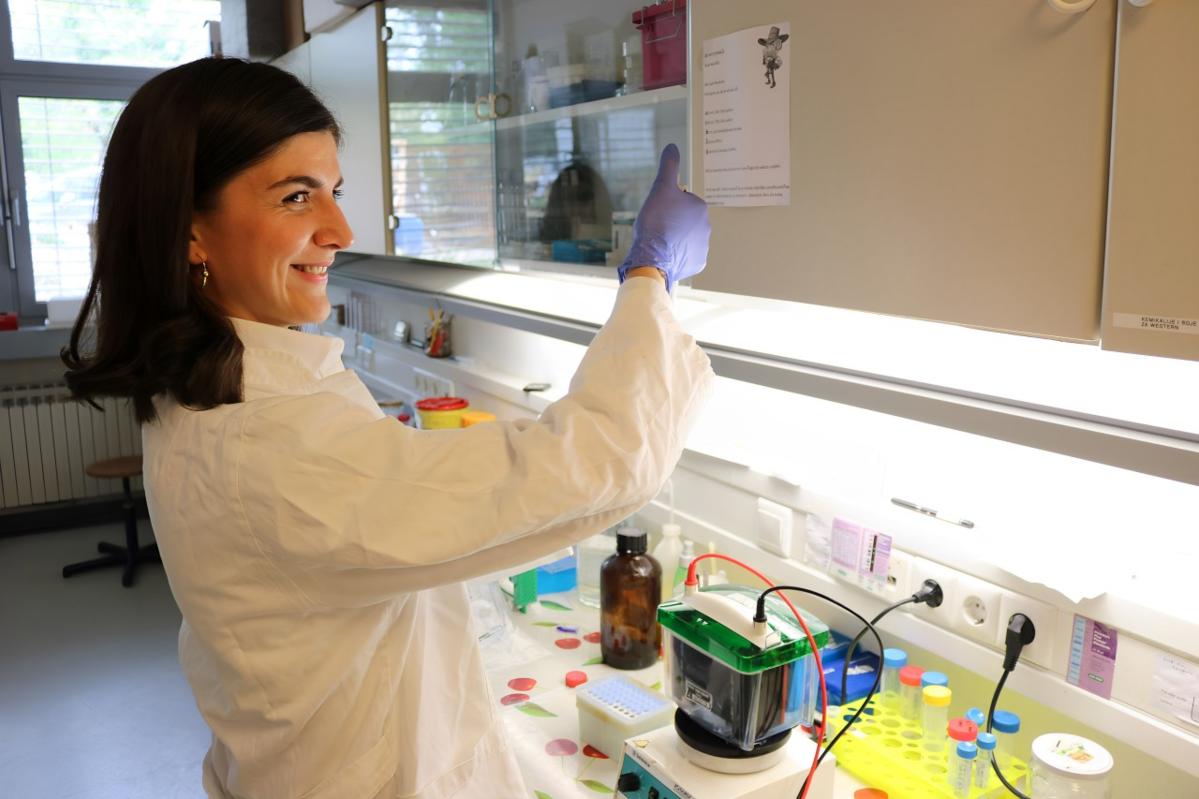Exploring Novel Adenovirus Vectors for Therapeutic Applications

Researchers from the Ruđer Bošković Institute will explore the frontiers of gene therapy and vaccine development through the "Integrative Characterisation of Novel adenovirus VECtors aimed at Therapeutic Applications" (INVECTA) project, thanks to a Marie Skłodowska-Curie Actions grant of nearly €200,000. The aim is to unlock the potential of uncommon adenoviruses with low levels of immunity for innovative treatments addressing critical medical gaps, delivering healing genes right where needed.
Imagine battling a resilient computer virus that not only infiltrates your system undetected but also outsmarts your antivirus software. Now, envision scientists as cyber experts, combating this intricate threat with innovative strategies. This analogy encapsulates the essence of the INVECTA project led by the Ruđer Bošković Institute. Here, the focus is on the human body, with adenoviruses serving as vectors for therapeutic applications, akin to digital antivirus agents fighting off diseases. Principal investigators and partners in this project are dr.sc. Dragomira Majhen from Ruđer Bošković Institute, prof. dr.sc. Alan Parker from Cardiff University, dr. sc. Carmen San Martin from Spanish National Research Council, Pedro José de Pablo Gómez from Autonomous University of Madrid, dr. sc. Joost Snijder from Utrecht University and dr. sc. Dave Cole from Accession Therapeutics Limited.
Starting in December 2023 and running until November 2027, INVECTA is backed by the prestigious Marie Skłodowska-Curie Actions (MSCA) with an EU contribution of nearly €200,000. It's a cutting-edge initiative focused on understanding and developing new tools for gene therapy and vaccines, using something called adenoviruses as the base.
Adenoviruses, commonly associated with infections in humans, can be genetically modified to serve as vehicles for delivering therapeutic genes into human cells. This innovative approach holds immense promise for addressing a spectrum of medical conditions, from genetic disorders to cancer, and even propels the development of novel vaccines.
However, not all adenoviruses are the same. Some are quite common, and our immune systems are already familiar with them, making them less effective as therapeutic vectors. That's where INVECTA comes in. The project aims to study "low seroprevalence" adenoviruses—those which most people have not been exposed to, making them more effective for delivering therapeutic genes or vaccines.
The goals are ambitious and wide-ranging. By diving deep into the science of these novel adenoviruses, the researchers plan to uncover how these viruses interact with our bodies on a microscopic level. This includes understanding how they infect cells, how stable they are, how our immune system responds to them, and much more. This knowledge is crucial for developing safer and more effective gene therapies and vaccines.
Beyond scientific breakthroughs, INVECTA fosters a collaborative community ethos. It serves as a nexus for seasoned and emerging scientists in adenovirus research, facilitating knowledge exchange through workshops, training sessions, and collaborative endeavours. With planned secondments, researchers will gain invaluable hands-on experience across diverse settings, enriching their expertise and capabilities.
Through this collaborative effort, the project aims not just to advance our scientific knowledge but also to pave the way for new treatments that could one day transform medicine. It's a story of innovation, collaboration, and hope, all wrapped up in the pursuit of turning what was once a threat into a powerful ally for human health.


